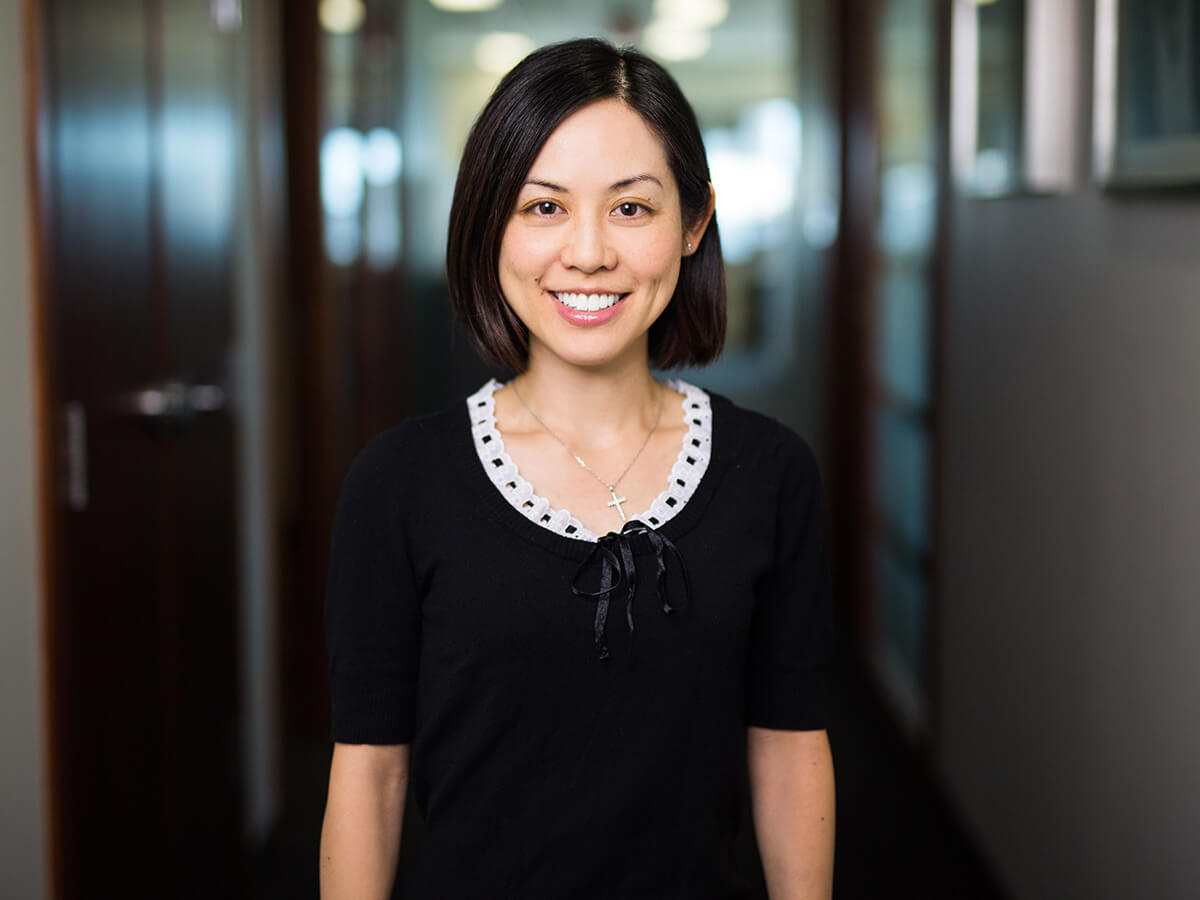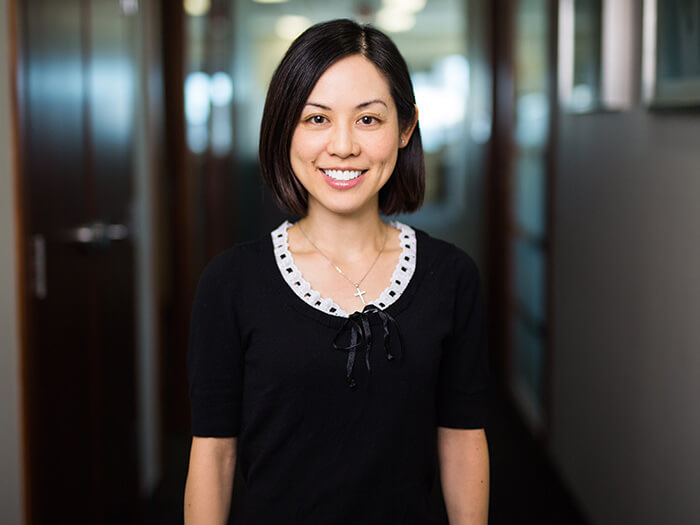
How to use EDI policies to ‘spur action versus being defensive’
 CPA Rosie Yeung is the founder and principal of Changing Lenses, which encourages business leaders to diversify their thought perspectives (Image provided)
CPA Rosie Yeung is the founder and principal of Changing Lenses, which encourages business leaders to diversify their thought perspectives (Image provided)
As an Asian-Canadian, CPA Rosie Yeung faced discrimination from a young age. Although these experiences were negative, they inspired her to create positive change. As founder and principal of Changing Lenses, Yeung uses her expertise in intersectional diversity to encourage business leaders and organizations to diversify their perspectives and question traditional social norms.
We recently spoke with Yeung—who will be speaking at CPA Canada’s The ONE Conference + Expo in September—to learn about her approach to equity, diversity and inclusion (EDI) in the workplace and how corporations, which are legally defined as people, can improve.
CPA CANADA: How can corporations in the financial sector become “better people”?
Rosie Yeung (RY): It starts with admitting where they’re not doing the best. Equity, diversity and inclusion programs have existed for a while. But, for the people who are racialized, who are gender diverse, we would take the program and it kind of feels like lip service.
One way to be more human is to think about the other person first.
CPA CANADA: What are the real benefits and costs of EDI?
RY: Some of those costs could be considered personal sacrifice. I think of [white] partners whose kids would come in for their summer internship or summer job and that would be normal. But now, what happens if that summer job goes to a black, brown or Indigenous student?
We hear people say, “Well, isn’t that reverse discrimination?” And that’s where it gets to the cost, which is that sense of loss. A more equal playing field is going to feel like a cost to the people who’ve always had that privilege.
The benefit is making things more equal. There is research and data that shows the benefits to diversity, but I think people hear diversity and they’re just thinking demographics. I compare it to diversifying a stock portfolio. You do that because those investments have different characteristics. The whole point is to make your overall portfolio better. It’s the same thing with diversity of thought. You’re going to have some conflict because not everyone’s going to think like you, but that is the point. When we have different ideas, different thoughts, you’re going to get better innovation, better results and, ultimately, better profit.
CPA CANADA: How do you help people in the corporate world see things differently?
RY: It starts individually. One of the things that holds people back from admitting they might have false perceptions or treat people differently is the fear that they’re not a good person.
Part of it is helping people get over that personal side of business, so that it’s just about learning, it’s about exploring. Ultimately, it’s an entire way of thinking. It’s starting to question those assumptions, the things that we always thought we knew, or the way it’s done, or this is how you decide somebody is qualified or not qualified. I really see that as an aspect of freedom, that we can break the chains off our way of thinking.
CPA CANADA: How can corporations implement more robust equity, diversity and inclusion practices?
RY: I would like to see whoever’s at the top be involved from the get-go. When potential clients contact me, it’s usually the HR person. And I can see that being assigned as a project. But it’s not just business, it’s personal. It’s the whole business: how do you deal with your customers? Do you care if your suppliers have fair practices with their employees?
It becomes a way of thinking and doing and being that isn’t just a strategy or program or statement. It’s looking at how can they ingrain that, for example, in performance objectives.
One of the things that behavioural science tells us about EDI programs is, if you make it mandatory, you can ask the horse to drink the water, but the horse doesn’t have to like it. It doesn’t mean the horse has changed afterwards.
So, what if you were to set performance objectives or goals [around EDI]? If it’s part of how we expect you to behave and lead your teams, then I think that changes the ripple effect.
CPA CANADA: What can people expect to hear from you at The ONE?
RY: The session is called “It’s not just business, it’s personal: the real case for equity, diversity and inclusion.” There’s an aspect about how corporations are legally people. You’re not actually a human, but you’re considered a person. So, what kind of person are you? What is your personality? How do you treat other people? The thing I really try to leave everyone with when I’m talking about EDI is a message of hope. We’re at this tipping point. And there is so much opportunity to do tomorrow differently than we do today. Let’s use it to spur action versus being defensive. Let’s do tomorrow differently.
CREATE AN INCLUSIVE WORKPLACE CULTURE
Catch Rosie Yeung’s talk “It’s not just business, it’s personal: the real case for equity, diversity and inclusion,” at CPA Canada’s The ONE Conference + Expo on Thursday, September 9, 2021.
Plus, find out how Canada’s Big Four accounting firms fare on equity, diversity and inclusion efforts. Put in the work to become a better ally and foster a more inclusive workplace. And heed this advice to make your workplace more welcoming for trans people.